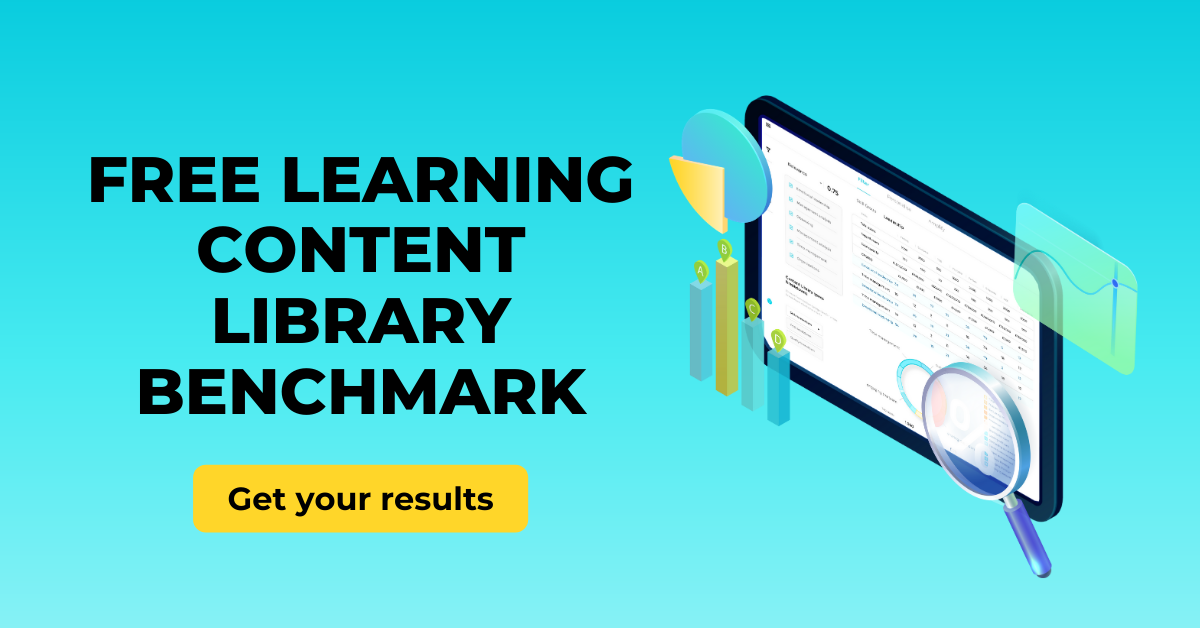What does it take to be the best? The answer in all cases lies in nuance.
At least that’s what Anthony Tjan concludes in his HBR article on the topic. Tjan, an experienced investor and organisational leadership expert, argues that nuance results from a heartfelt passion for a subject, and the motivation and ability to articulate its essence precisely.
But in the world of learning content, nuance is sometimes hard to find.
Content overload
If I search for ‘leadership’ in most enterprise LMS or LXP, I’ll get at least tens of thousands of results. Of course, in lots of ways, that’s a strength: a wealth of content to support what is obviously a mission-critical organisational capability. But in most mature enterprises, development needs are more precisely diagnosed and defined. Not just leadership, authentic leadership. Not just data skills, but how to leverage them in your role. Not just curiosity, but how to harness it to deliver value.
How do we locate and curate content that supports the nuanced skills that reflect the real priorities of our organisations?
To illustrate the difficulty we face, let’s look at an example in one of the richest content resources for enterprise, LinkedIn Learning.
As you’d expect, a search simply for leadership returns a lot of content:
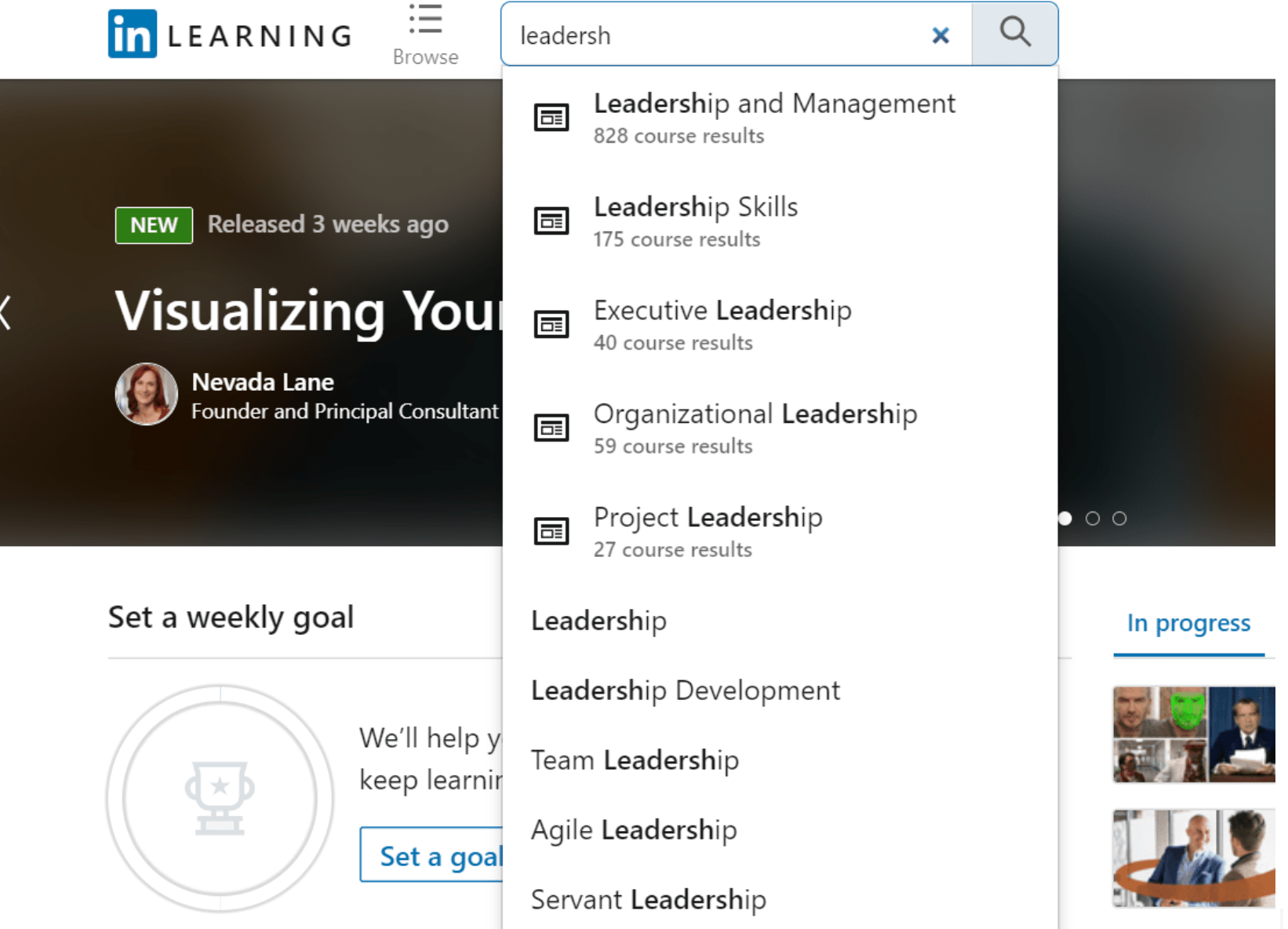
1,000 results before I’ve finished typing the word. So what if I aim for more nuance, and search for an organisational priority reflected in a current initiative: authentic leadership.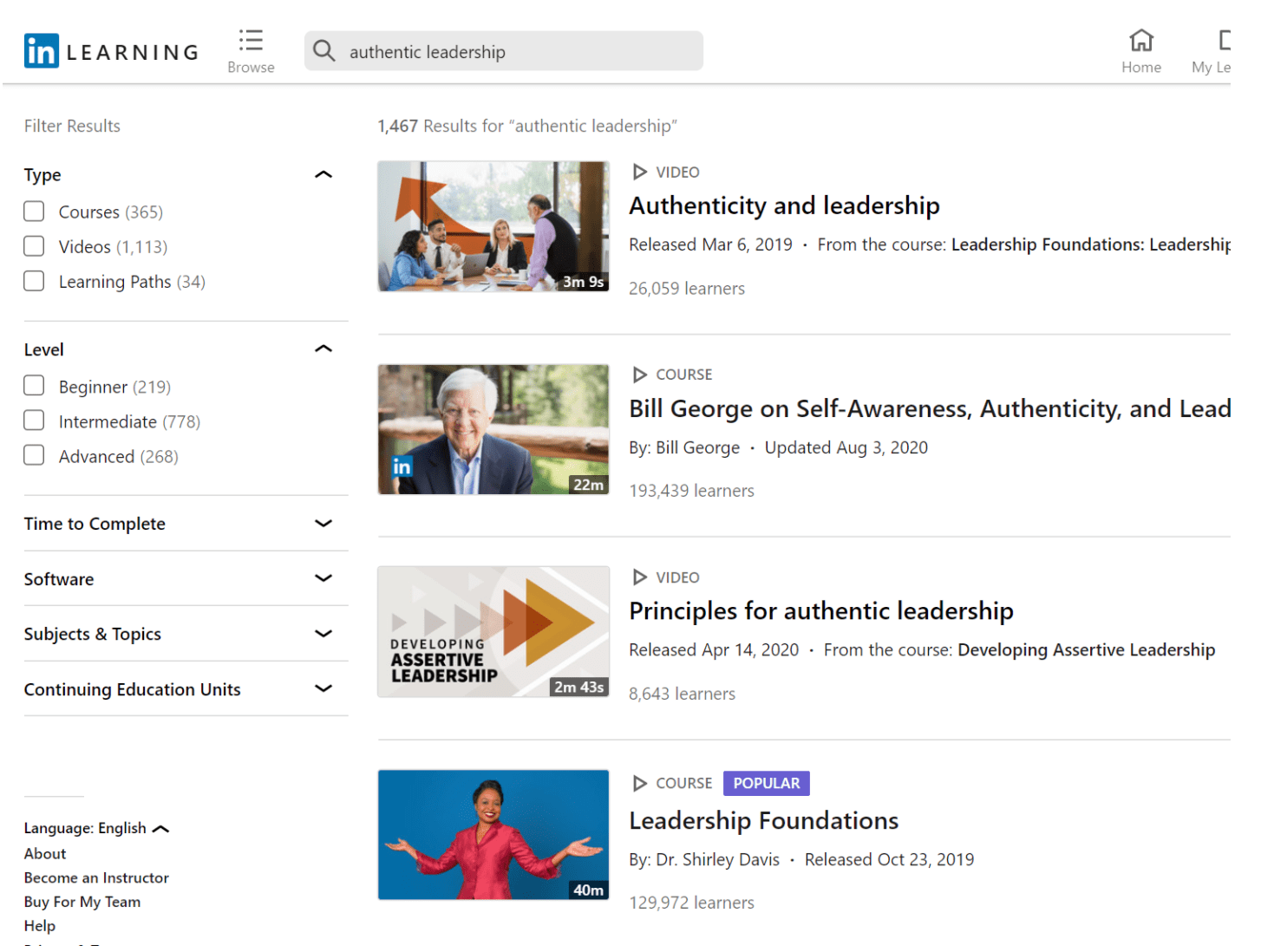
At first sight I’m doing a lot better here. 1500 results, and the most highly prioritised content seems relevant to the nuanced skill. But quickly, the results of the search become much more general - by the time I get to the 11th search result, the recommendations seem entirely generic, and have lost nuanced relevance to authenticity:
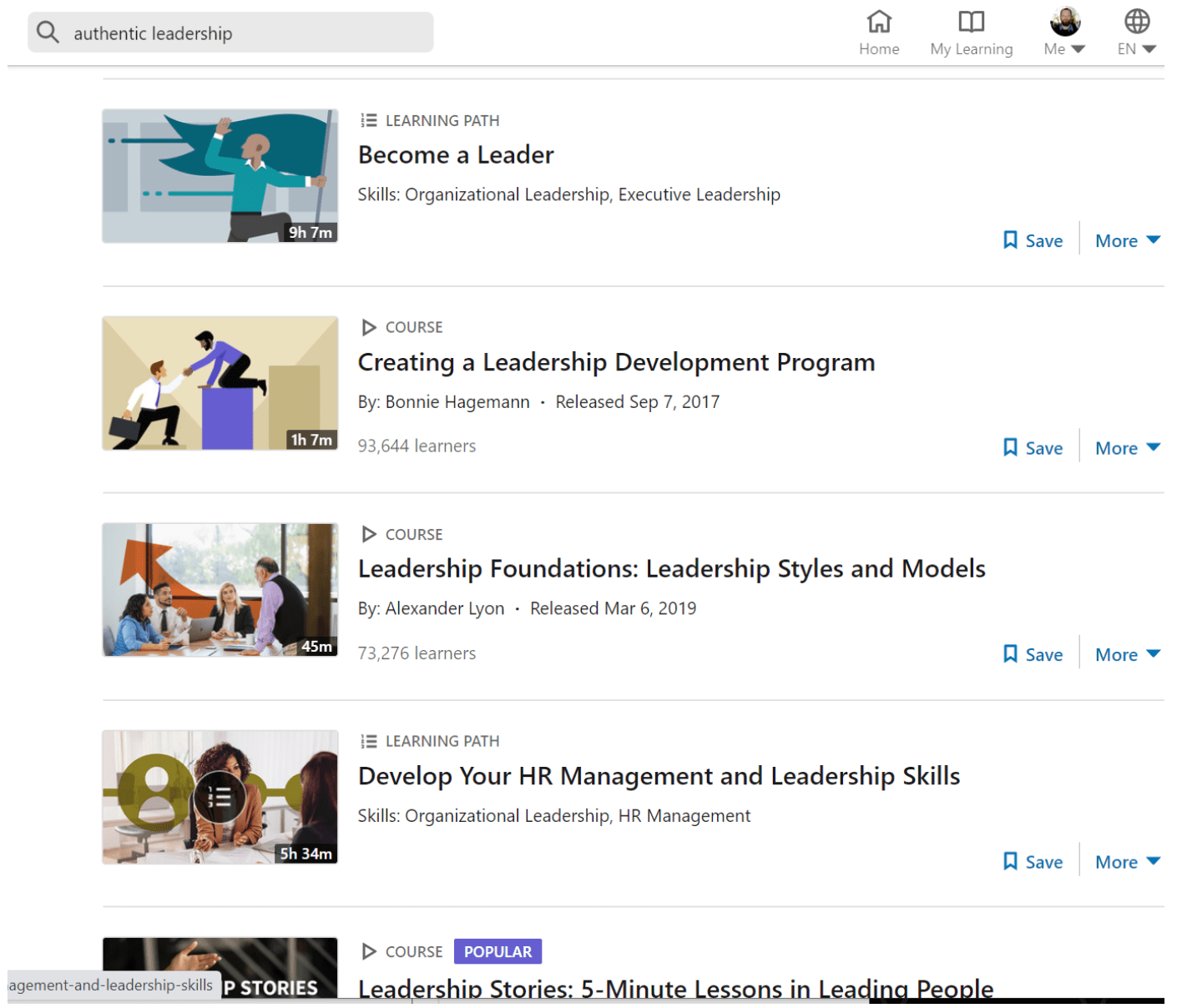
How to curate with nuance
The problem is the tagging. Because content isn't tagged in a nuanced way, it doesn't support nuanced needs. So, when users search for something specific, most systems put up a half-hearted attempt to tailor results to it before throwing in a kitchen sink of tangentially linked content. The result is an undecipherable mess of semi-relevant material.
The only way we've found that you can curate with nuance is to bypass the tags and come up with your own. To do this, you need to actually read the content. With the volume of learning content out there, it would be untenable for a human to do this. So, we've developed software that can go through the a content's text and work out, down to the nuance, the specific skill it's hitting. We call it Content Intelligence.
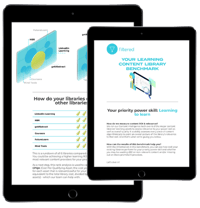
Use our free learning content library benchmark to find out which providers offer the most relevant content to upskill your workforce.
Nuanced skills in practice
Most learning content doesn't lay out the key skills gap it bridges in the title, or the metadata. Content Intelligence was built to look beyond the obvious and pick the relevant content based on what it achieves.
To give you a taste of how it can use nuance to select the most effective content, we turned our Content Intelligence technology on some of the most popular third-party publishers of digital learning content for business skills:
- LinkedIn Learning
- getAbstract
- Harvard Business Review
- Coursera
- Mind Tools
- FutureLearn
To see what we could find for a set of six example nuanced skills.
- Authentic leadership
- Leveraging data
- Harnessing curiosity
- Enabling digital transformation
- Learning to learn
- Empowering teams
Here's what we found:
Authentic leadership
Here are two examples from getAbstract, one squarely and obviously centred on the skill, the other more easily missed in a conventional search or recommendation.
Authentic Leadership - getAbstract (ranked top of our Content Intelligence prioritisation).
True North - GetAbstract (ranked 34 in our Content Intelligence prioritisation).
Leveraging data
As you might expect, Coursera courses and specialisations covering data analysis and its applications score highly, but blending those long-form courses with other formats makes for a more rounded set of recommendations or playlists.
Applied analytics and data for decision making - Coursera (ranked 17)
The Data Driven Leader - getAbstract (ranked 33)
Harnessing curiosity
FutureLearn connects intellectual curiosity with workplace performance in a three week course, while LinkedIn Learning elucidates the business case for curiosity in a shorter format.
Innovative Leadership: Developing Curiosity - FutureLearn (ranked 3)
Applied Curiosity - LinkedIn Learning (ranked 9)
Enabling digital transformation
Coursera offer a comprehensive course on digital transformation as part of a Leadership specialisation, while Mind Tools analyse how to embrace disruptive technologies in general in a forensic article.
Digital Transformation - Coursera (top of the ranking for the skill!)
Disruptive Technologies - MindTools (ranked 16)
Learning to learn
No surprise that our algorithms hit on this HBR article entitled ‘Learning to Learn’ as relevant to this meta-skill, but it didn’t judge it to be quite as relevant as a LinkedIn course on cultivating a growth mindset.
Learning to Learn - Harvard Business Review (rank 15)
Cultivating a Growth Mindset - LinkedIn Learning (rank 9)
Empowering teams
For this last skill, the fashionable but controversial model of holacracy ranks highly, with MindTools providing definition and analysis, while a classic HBR article on empowerment discusses the obstacles.
Holacracy - Mind Tools (rank 19)
Empowerment: The Emperor’s New Clothes - Harvard Business Review (rank 23)
Business specific nuance
Applying Content Intelligence across the libraries means we don’t have to choose between a tiny number of relevant results and a large number of tangentially appropriate ones. For example, in authentic leadership, Content Intelligence tech identified 150 assets highly relevant to authentic leadership, configured to align with our specific definition of that skill, including assets from all six content publishers.
But, not every business will be prioritising 'authentic leadership' or 'harnessing curiosity'. Further, 'harnessing curiosity' might mean different things for different businesses. Each skill a business needs, if you drill down into it, will have its own unique fingerprint. Identifying your business's unique skills requirements requires a lot of data and expert calibration - what does each skill mean in the context of your business?
This specificity goes to waste if it's applied to a learning system that doesn't do nuance. To effectively upskill, each skill learned has to have a specific business purpose. If learning systems can't pick out the content that supports that purpose (and give it to learners surplus-free) they are interesting distractions, not the strategy drivers that they should be.

